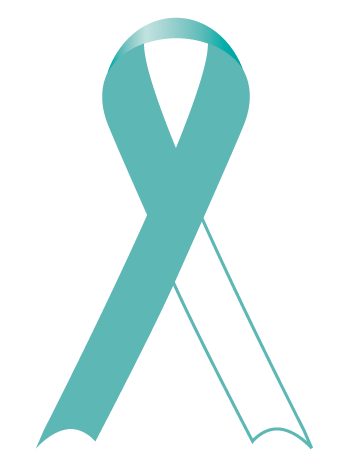May 18, 2021
COVID 19 Vaccination Sites (Pfizer ONLY)

What is HPV?
HPV or human papillomavirus, is one of the most common infections. Nearly 80 million Americans are currently infected with some type of HPV. About 14 million people in the United States become newly infected each year (CDC, 2016). The infection is easily spread through intimate skin-to-skin contact. Generally, most infections will clear up on their own, however if the infection is persistent it can cause cancers and genital warts.
What cancers does HPV cause?
Every year in the United States, HPV causes 30,700 cancers in men and women (CDC,2016). In women, it can cause cancers of the cervix, vulva, and vagina. In men, it can cause cancer of the penis. Both sexes are susceptible to getting cancer of the anus, cancers of the throat, tonsils, and tongue due to oral sex.
How can I protect my child?
Prevention is key. Although parents think their child may be too young to receive the HPV vaccine, in order to prevent HPV and cancers, the vaccine needs to be given before any type of intimate contact is had. The American Academy of Pediatrics (AAP), recommends that children get 2 doses of the human papillomavirus (HPV) vaccine at ages 11 to 12, or 3 doses during the later teen years if they missed getting it earlier.
Why vaccinate now?
Studies show that children at a younger age seem to have a better immune response which could mean better protection. Studies also show that children who complete all two doses of HPV vaccines by age 14 have much lower rates of cervical pre-cancer and genital warts than those who are vaccinated later (healthychildren.org,2017).
Is the vaccine safe?
More than 170 million doses have been distributed and there have been no major safety concerns (healthychildren.org, 2017).
In short, all the cancers mentioned above can be prevented or reduced with the use of the HPV vaccine. The HPV vaccine protects against the most common strains of HPV that cause cervical cancer. As your child becomes sexually active, additional ways to reduce the spread of HPV and the development of cervical cancer, is to wear condoms and have a limited number of sexual partners.